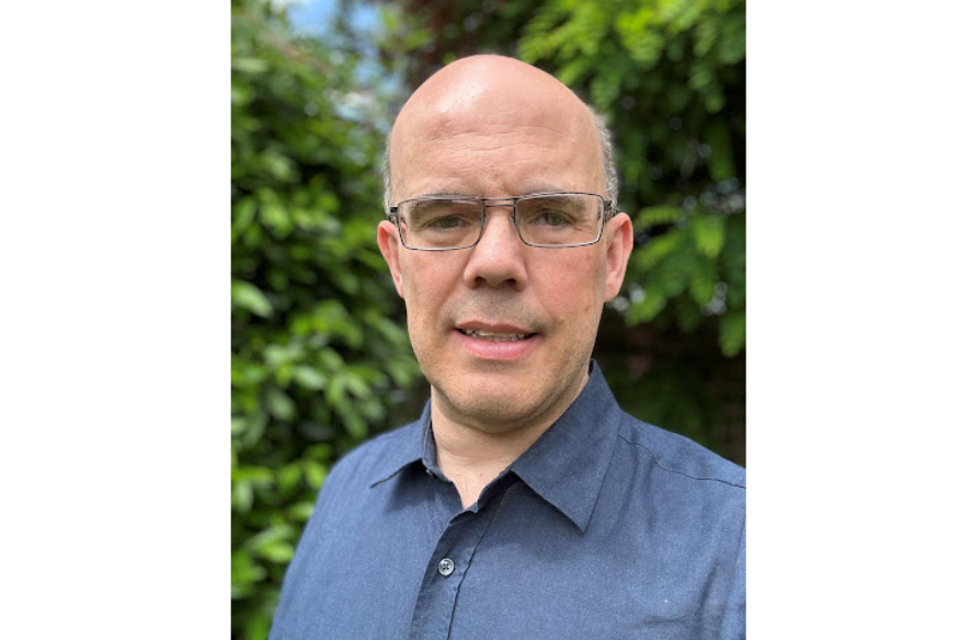
Whether it’s the heat, London’s congested environment or work worries, living in and around the City can be relentless on hair health.
The air pollution, combined with lifestyle factors like hard water and daily stress, can damage hair, making it brittle and lifeless.
City AM spoke to luxury salon owner and celebrity hairstylist Gustav Fouche, who offers advice to combat the impact of city living on hair health.
Air today, gone tomorrow
For starters, it’s no secret that London’s air quality leaves much to be desired. In fact, a recent study by the British Lung Foundation revealed that every borough in London exceeds World Health Organization limits for toxic pollution.
According to research, high levels of air pollution have been linked to oxidative stress on hair, leading to weakened hair follicles and increased hair loss.
Another 2019 study by researchers found that exposure to high levels of particulate matter (PM10) and nitrogen dioxide (NO2) — both of which are prevalent in London’s air — can damage hair proteins and disrupt hair growth cycles.
“The pollutants act like a layer of dirt that coats the hair, weakening it over time and making it more prone to breakage,” says Gustav.
Londoners often overlook the impact of hard water on hair health too.
According to Thames Water, London’s water is classified as “very hard,” with high concentrations of calcium and magnesium. This hard water can cause mineral build-up on the scalp and hair, leaving it dry and dull.
Another published study found that people who washed their hair with hard water had more hair breakage and rougher hair texture than those who used soft water.
The stress factor
The pressures of urban life can also play a significant role in hair health. A survey conducted by the Mental Health Foundation found that 74 per cent felt overwhelmed by stress at some point in the past year.
Chronic stress has been linked to conditions such as telogen effluvium, a form of temporary hair loss where hair follicles enter a resting phase prematurely.
“Stress not only affects your overall wellbeing but can have a visible impact on your hair,” says Gustav.
“Practising relaxation techniques, getting enough sleep, and maintaining a balanced diet rich in vitamins and minerals can help keep your hair healthy.”
Tips for healthier hair
Keep hair hydrated
Hydration is crucial for maintaining hair health. Cold air, central heating, and pollution can strip moisture from hair, making it brittle.
Gustav recommends using a hydrating conditioner daily and incorporating weekly deep conditioning treatments. “Products that contain natural oils, like argan or coconut oil, are excellent for locking in moisture,” he says.
Protect from environmental damage
Gustav suggests using hair products that create a protective barrier against pollutants and UV rays. “Look for products with anti-pollution formulas or UV filters,” he advises. “These can help shield your hair from environmental damage.”
Use a water softener or filter
To combat the effects of hard water, installing a water softener or using a shower filter can help reduce mineral build-up. “If installing a filter isn’t possible, using bottled water for your final rinse can also help,” Gustav recommends.
Invest in a silk pillowcase
A silk pillowcase can reduce friction on your hair while you sleep, helping to prevent breakage and frizz. “Silk pillowcases are a great investment for maintaining smoother, healthier hair,” Gustav says.
Mind your diet
Eating a diet rich in vitamins and minerals can promote healthy hair growth. Foods high in omega-3 fatty acids, iron, and vitamins A, C, and E, such as salmon, nuts, and leafy greens, can provide the nutrients needed for strong, shiny hair.







